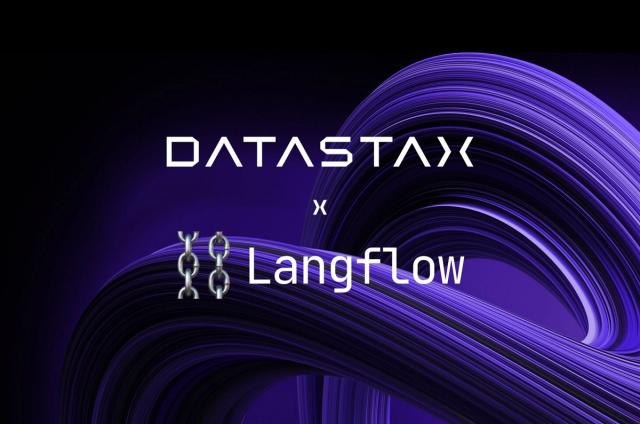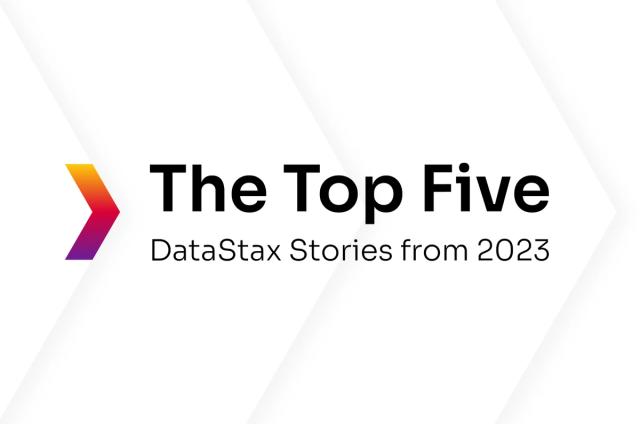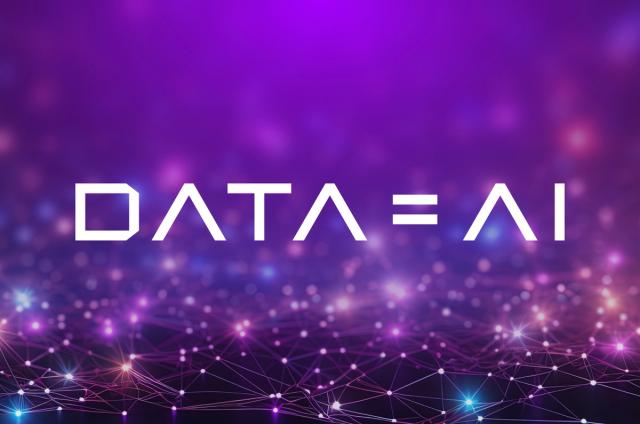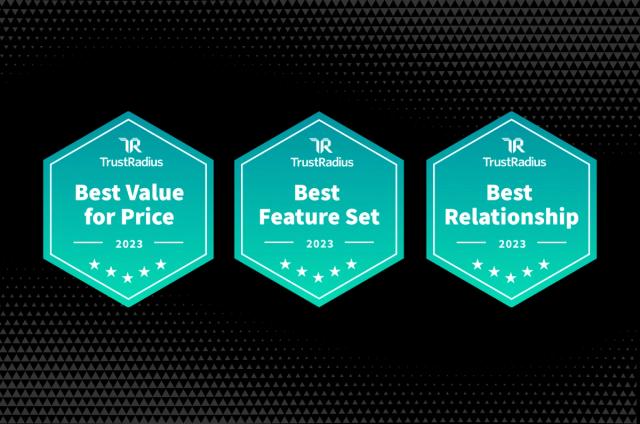Five Great Use Cases for a Hybrid Cloud Database

In a data-driven world, leading enterprises are moving to hybrid cloud databases that deliver the agility, reliability, and availability they require.
But “hybrid cloud” can span many functions.
How, specifically, are organizations actually using hybrid cloud databases to stay ahead of the competition and stay agile?
Let’s take a look at five more popular enterprise use cases.
1. Always-on applications
Many organizations today rely on teams distributed across the world.
Today’s workers are on the go—not to mention the average smartphone users who are glued to their phones as they go about their day.
Hybrid cloud databases powerfully support always-on web, mobile, and desktop applications. Due to their distributed architecture, applications are always available, ensuring consistent user experiences across devices and geographies.
Employees can always access the apps they need to do their work, so productivity increases. Customers can also use apps as they’re designed to be used, regardless of whether they’re on a mobile device or a laptop.
2. Fraud detection
In 2016, consumers lost $16 billion to identity theft and fraud. On average, financial firms with over $10 million in revenue lose 2.79% to fraud each year.
Since those figures aren’t acceptable, financial services organizations are increasingly deploying hybrid cloud databases that are able to quickly detect, at scale, anomalies in the relationships between data and transactions to identify fraud as it occurs—or even sooner.
This helps organizations such as banks them reduce the occurrence of fraud significantly, increasing profitability and protecting customers.
3. Personalization
Personalization is increasingly important to both employees and customers.
Unfortunately, traditional relational database management systems (RDBMS) lack the ability to quickly process the data needed to serve up personalized experiences.
Distributed NoSQL hybrid cloud databases, on the other hand, deliver the scalability, availability, and speed required to deliver personalized experiences in every interaction.
All of a sudden, employees and customers feel more at home on your apps and engage with them more.
4 . Customer experience
By 2020, the customer experience will overtake price and product as the key differentiator between brands, according to the Customers 2020 report.
Today’s customers expect a seamless experience as they hop across channels.
This is why companies are increasingly using hybrid cloud databases. Versatile, multi-model databases store data in an efficient, value-maximizing format (e.g., key-value, document or JSON). Unlike traditional RDBMS, they also enable applications to access all relevant customer data—regardless of where it lives or which other applications are using it—thereby ensuring consistent customer experiences.
5. Real-time data processing
Making great decisions starts with having the ability to store, process, and analyze complex data sets in real time.
Hybrid cloud databases provide the agility enterprises need to respond to opportunities immediately—reducing costs and increasing efficiency along the way.
Thanks to its NoSQL foundation, the same database can be used for both operational and analytical purposes. The same can’t be said for most traditional databases.
As you can see, hybrid databases are incredibly versatile.
From powering always-on applications and detecting fraud in real time to supporting personalization, delivering positive user experiences, and processing data in real time, hybrid databases enable organizations to supercharge their operations, increasing productivity while mitigating potential risks.
To learn more about how your organization can get to the next level by moving to a hybrid database, check out our eBook, The Power of an Active Everywhere Database.



